Department of quality control of Education
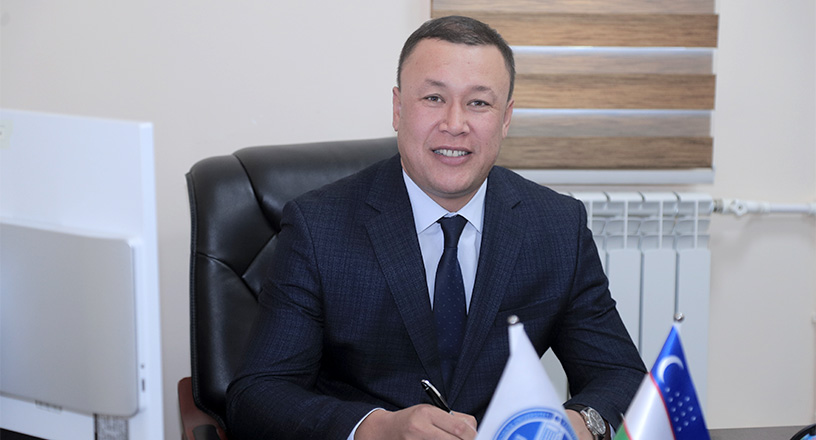
Abduraimov Sherali Saidikarimovich
Phone: +(99890) 495 00 81
Email address: tdpu.sherali@mail.ru
Reception hours: Monday – Saturday – 09.00-18.00

Chief specialist
Phone: +(99891) 590 89 60
Email address: jdpi.islom@mail.ru
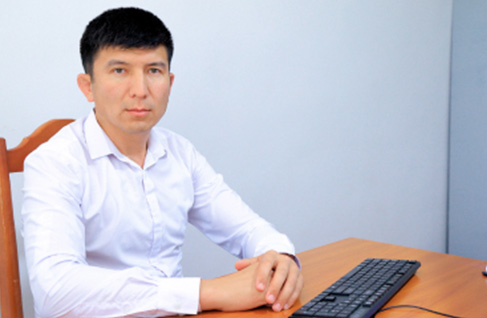
Chief specialist
Phone:
E-mail:
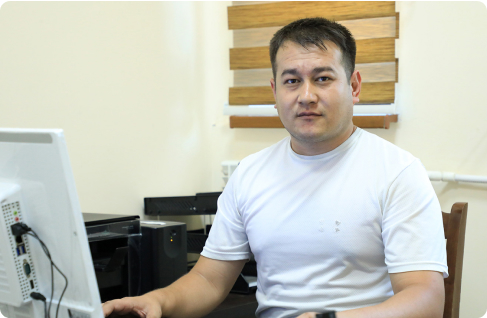
Specialist
Phone: +(99893) 306 93 83
E-mail: sardornorbotayev96@gmail.com
Section 6.3 of the statement № 2 of the meeting of the Ministry of Higher Education, Science and Innovation dated February 10, 2023 and the Minister of Higher Education, Science and Innovation dated March 27, 2023 ” It operates on the basis of the improved Regulation in accordance with the order № 72 “On improving the activities of educational quality control departments in state higher education institutions”. The Department Charter was approved by the decision of the University Council № 8/3.10 of April 4, 2023. The regulations of the department consist of 6 sections and 28 clauses. The regulation contains general provisions, main tasks and functions of the department, rights and obligations of the department, organization of the department’s work, qualification requirements and functional duties of the department’s employees, and final regulations.
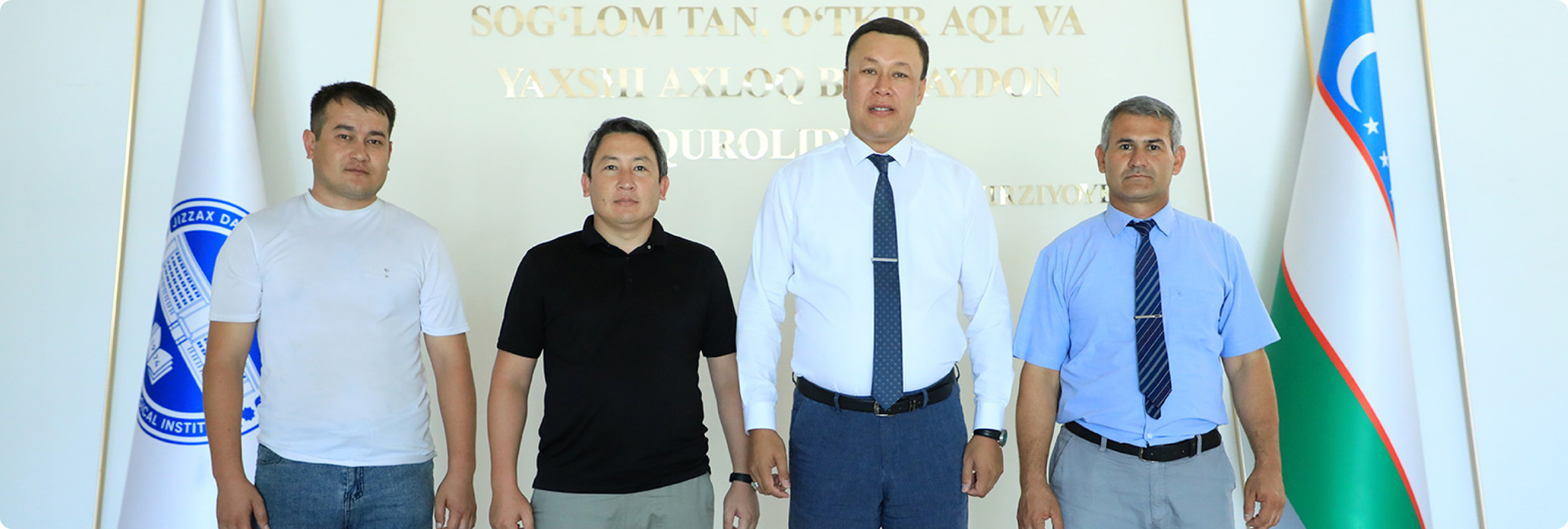
The main tasks of the department of educational quality control:
- control and monitor the quality of personnel training at the university;
- estudying and analyzing the compliance of university students’ knowledge with state educational standards and students’ mastery of subjects;
- formation of professors and teachers capable of ensuring the quality of education, including the selection and recruitment of potential teachers, creation of (objective) transparent organizational mechanisms that allow to improve their professional skills and qualifications;
- regular analysis of teaching quality of professors and teachers;
- organization of the internal evaluation of the university and taking measures to eliminate the existing deficiencies based on the results of the internal evaluation;
- to study the correct organization of the educational process based on the requirements set out in the regulatory legal documents and the efficiency of using the HEMIS system (including the fact that data is entered into the information system on time and in full, the credit module system organized at the level of demand);
- analysis of qualification requirements, curriculum and programs compliance with professional standards and labor market requirements for training competitive personnel;
- formation of expanded conclusions regarding the place of graduate students in the personnel market, their need, the level of viability of the industry;
- to study whether training sessions are organized on the basis of modern pedagogical technologies and information technologies, whether quality control of teaching processes is established at the required level;
- determining the effectiveness of the measures taken to ensure transparency and impartiality in monitoring and evaluating student knowledge; analysis of the fair distribution of the teaching load to professors and teachers;
- study the conditions created for students and teachers in the information-resource center, the availability of textbooks suitable for the educational programs in the subject and make suggestions to the management;
- analysis and examination of the compliance of educational areas and specialties with state educational standards, qualification requirements, curricula and science programs;
- To analyze the compatibility of the basic information with the subject(s) taught by university professors or to study whether they have passed the relevant retraining or have a scientific degree in the relevant specialty and to inform the rector of the university of their conclusions. to do;
- to monitor the effectiveness of student practice at the university, taking into account the educational directions and specializations of the “4+2 system”;
- active participation in the development of measures aimed at raising the university’s rating at the international level together with the higher education leadership and ensuring its implementation;
- forming a group of public experts at the university and regularly holding seminars within the framework of the tasks assigned to them;
- to present appropriate proposals to the university management based on the results of the study of the quality of education;
- participation in studying the activities of other higher education institutions in accordance with the assignment of the ministry.
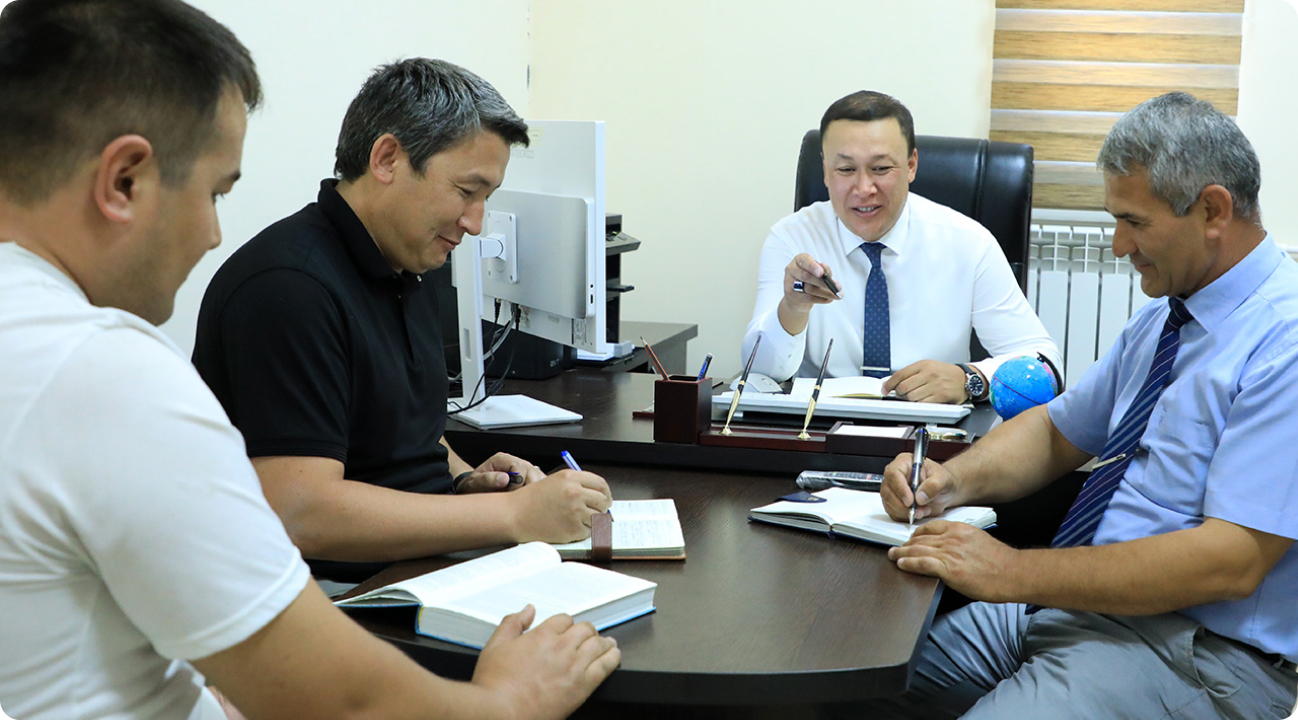
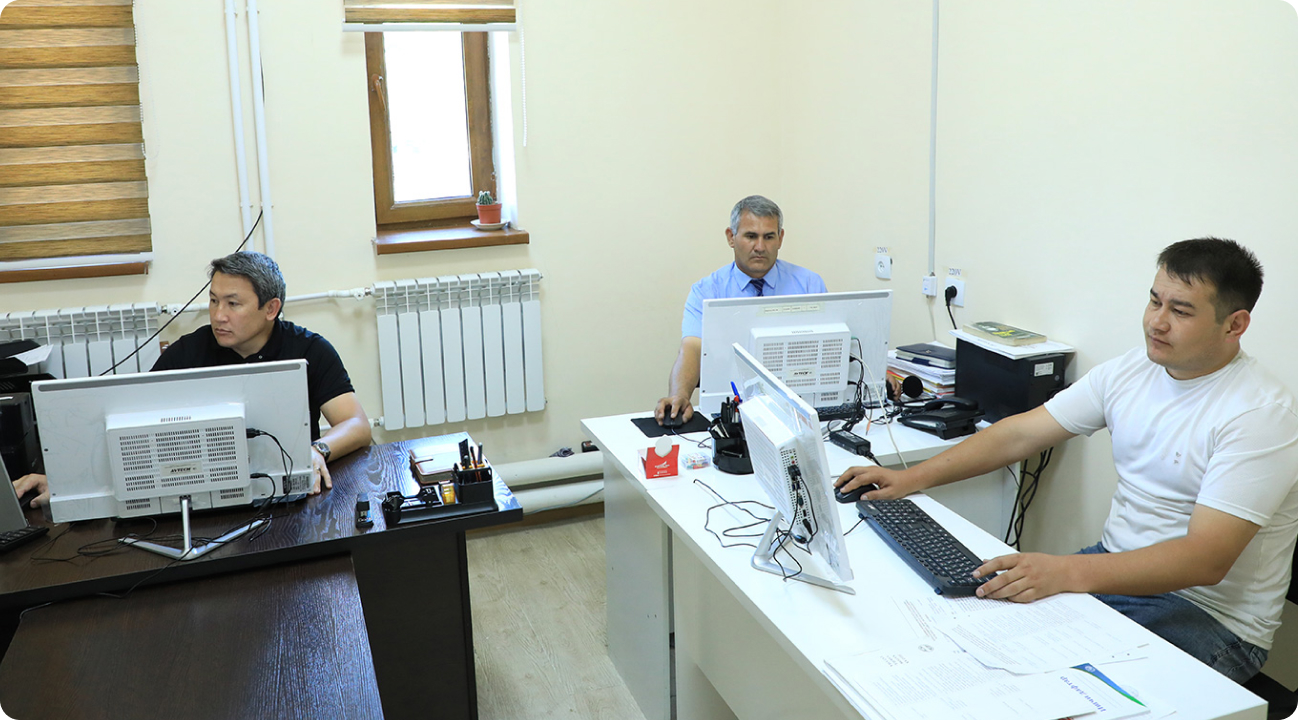
Rights and obligations of the department of quality control of education:
- to receive the necessary information and materials from the structural structures of the university to perform the tasks and functions assigned to the department;
- studying the quality of teaching of students, trainees and pupils in the university and its structural structures, the compliance of working curricula and working programs of subjects with the state educational standards for relevant types of education;
- participate in the development of a plan of measures to eliminate the shortcomings identified in the internal assessment at the university and control its timely implementation;
- when it is determined that sufficient execution of orders, orders and other decisions regarding the quality of education at the university is not ensured, making proposals to the management to take appropriate measures against those in charge;
- participation in international conferences, conventions, symposia, seminars and trainings on issues of quality of education and personnel training;
- electing and being elected to the University Council in the prescribed manner;
- Use of other rights established by the legislation of the Republic of Uzbekistan ;
- performs official duties conscientiously and does not tarnish his reputation;
- To ensure the veracity of the information provided to the Ministry of Higher Education, Science and Innovation and the quality of preparation of working curricula and working programs of subjects in accordance with the state educational standard and qualification requirements of the university, as well as the organization of the control of the impartiality of the final attestation and rating grades of graduates. answers.












